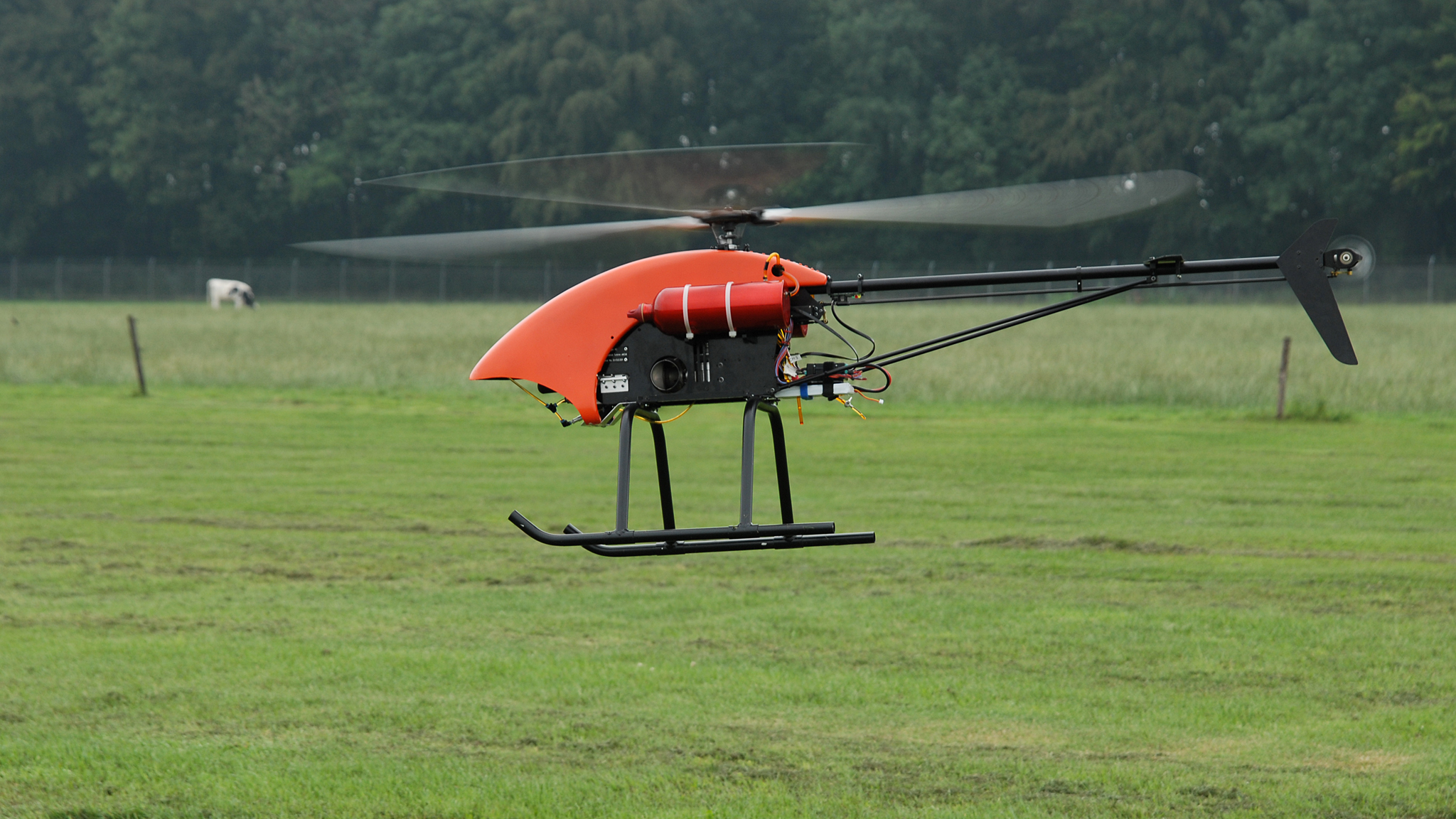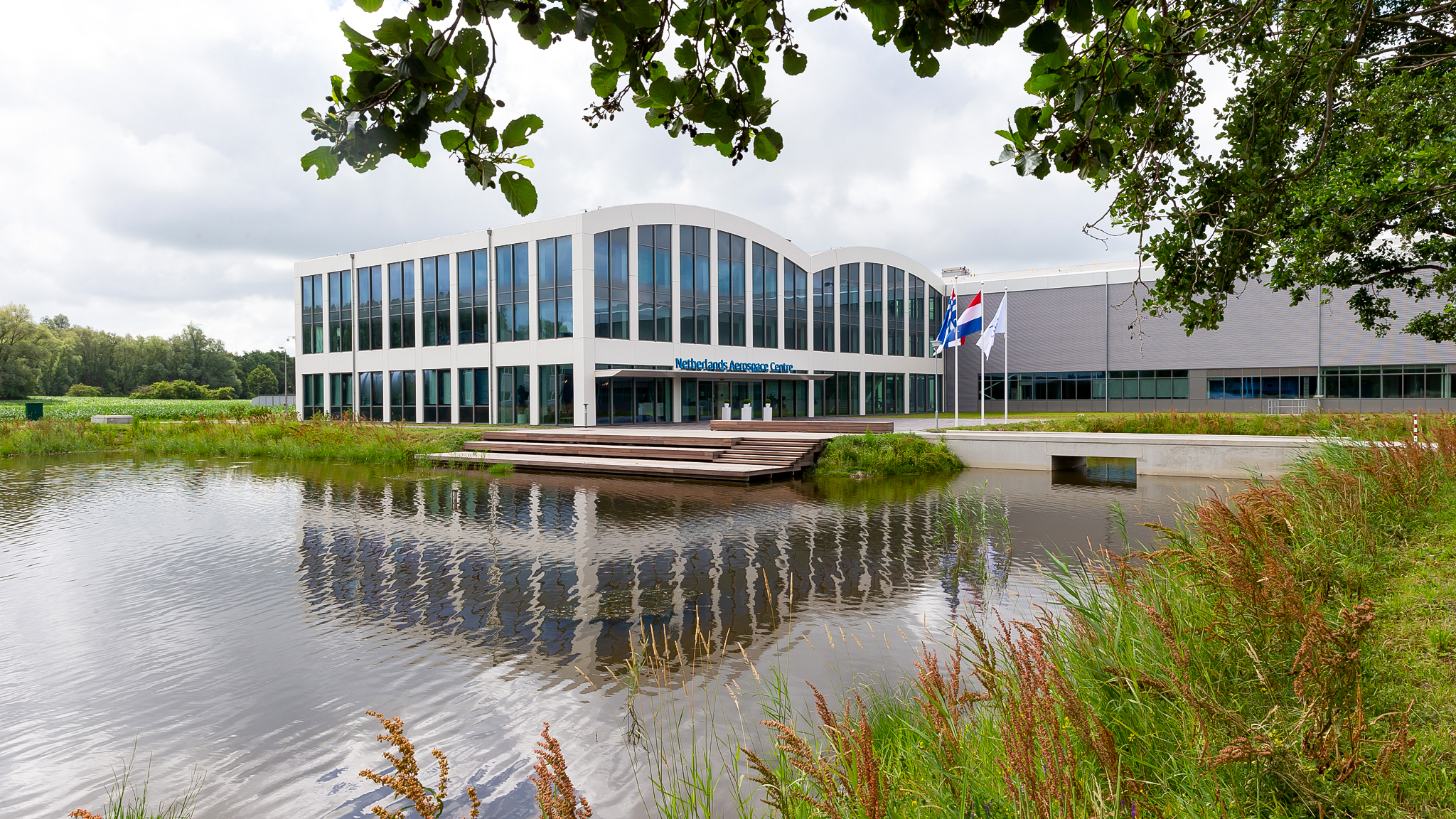NLR has extensive expertise in supporting the development and operation of Remotely Piloted Aircraft Systems (RPAS or drones). We can assist with analysing the noise impact of RPAS, both in terms of detectability and noise pollution on the ground. Our capabilities also include designing a registration system for aircraft movements, including drones, as well as measuring and analysing performance data of these systems. Additionally, we can conduct future scenario studies on the use of drones, exploring their potential as complementary or replacement solutions for current air vehicles, while taking into account environmental aspects such as noise, emissions, and third-party risk.
Our expertise extends to supporting the efficient use of drones for both civil and military purposes, providing policy support for their use in public airspace, and visualising new operating procedures or types of RPAS. We can also utilise RPAS for ground-based observation or noise measurements, offering valuable insights into their performance and environmental impact. Furthermore, we can provide insight into third-party risk due to RPAS usage, helping to ensure safe and responsible operation of these systems.
NLR can support you with:
- A long track record of expertise in environmental policy related to noise, emissions, and third-party risk, gained from working in the highly regulated environment of the Netherlands.
- International experience with projects in various countries, including Germany and Italy.
- Military-grade clearance, facilities, and experience to support sensitive projects.
- Systems for registering and analysing aircraft movements.
- The NLR-Virtual Noise Community Simulator (VCNS) that offers a fully immersive 3D view of Remotely Piloted Aircraft Systems (RPAS), including a 3D noise simulation facility to support noise assessment and mitigation efforts.

